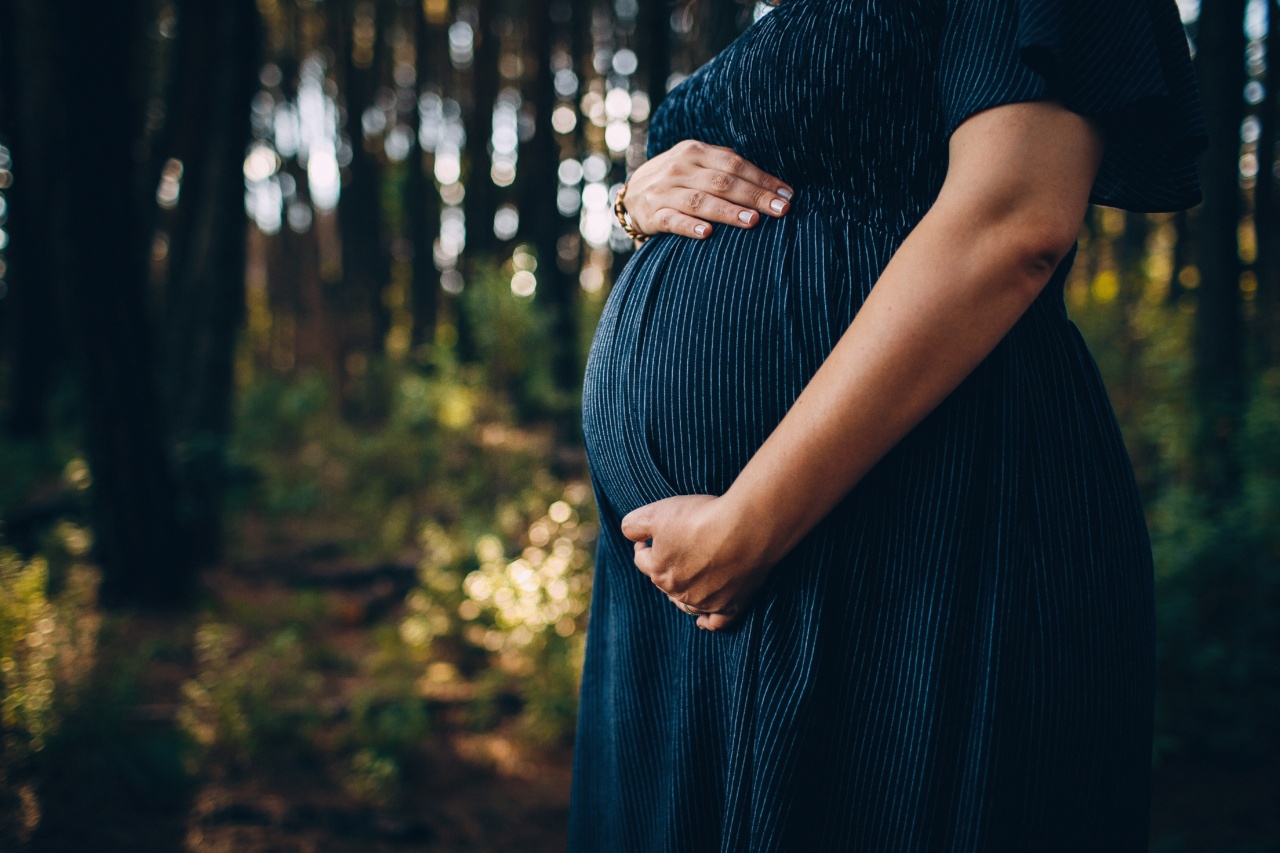Being pregnant is a life-changing experience filled with ups and downs, joys and challenges. As an expecting mother, your body goes through incredible transformations during each trimester.
The third trimester, which typically lasts from week 28 until the birth of your baby, presents its own unique set of physical and emotional changes. In this article, we will explore how pregnancy affects a woman’s daily routine in the third trimester.
1. Fatigue and Energy Levels
As you approach the final stretch of your pregnancy journey, it is common to experience increased fatigue. The combination of carrying extra weight, hormonal changes, and possible discomfort or sleep disruptions can leave you feeling exhausted.
It is important to listen to your body and prioritize rest and self-care during this time.
2. Physical Discomfort and Aches
As your baby grows rapidly in the third trimester, your body undergoes significant physical changes. The added weight can strain your back, hips, and joints, leading to discomfort and aches.
Moving around, walking, and even finding a comfortable sleeping position may become more challenging.
3. Frequent Bathroom Breaks
As your baby grows and occupies more space in your abdomen, it exerts pressure on your bladder. This pressure may result in increased trips to the bathroom, disrupting your routine and potentially affecting your sleep at night.
4. Shortness of Breath
As your uterus expands upward, it can compress your diaphragm and limit lung capacity. This can cause shortness of breath and difficulty breathing deeply. Simple tasks like climbing stairs or walking long distances may leave you feeling winded.
5. Swollen Feet and Ankles
In the third trimester, fluid retention and increased blood volume can lead to swollen feet and ankles. This swelling, also known as edema, is often more pronounced at the end of the day.
Elevating your feet and wearing comfortable, supportive shoes can help alleviate discomfort.
6. Braxton Hicks Contractions
During the third trimester, you may start experiencing Braxton Hicks contractions. These are sporadic, usually painless contractions that prepare your uterus for labor.
While they can be uncomfortable and may disrupt your daily routine, they are typically not a cause for concern. Drinking water and changing positions can help alleviate them.
7. Changes in Sleep Patterns
Sleeping comfortably becomes increasingly challenging as your belly grows bigger. Finding a comfortable position that supports your body and relieves pressure on your abdomen may become a nightly struggle.
Frequent bathroom trips, restless legs, and hormonal fluctuations can further impact your sleep patterns.
8. Mood Swings and Emotional Changes
The hormonal fluctuations during pregnancy can contribute to mood swings and emotional changes. As you enter the third trimester, these effects can become more pronounced.
You may find yourself experiencing a mix of excitement, anxiety, restlessness, and joy. It is essential to communicate and seek support from your loved ones and healthcare provider.
9. Nesting Instinct
In the third trimester, many women experience a strong nesting instinct. This instinct drives you to organize and prepare your home for the arrival of your baby. You may find yourself cleaning, decluttering, and arranging nursery furniture more actively.
Embrace this instinct but be mindful not to overexert yourself.
10. Preparation for Labor and Birth
As you progress through the third trimester, your focus naturally shifts towards preparing for labor and birth.
This preparation may involve attending prenatal classes, creating a birth plan, and discussing options and preferences with your healthcare provider. Researching and understanding different stages of labor can empower you and help alleviate anxiety.



























